A test of governance on campuses
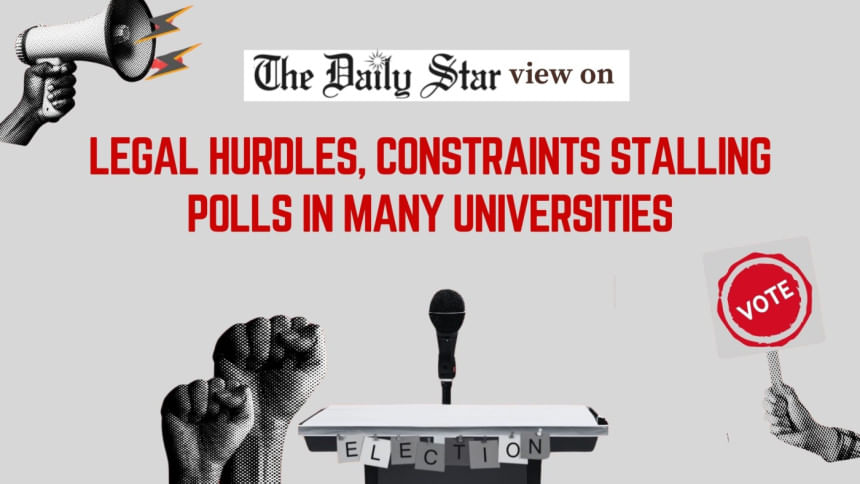
The imminent student union elections at three prominent public universities—Dhaka, Jahangirnagar, and Rajshahi—are a welcome, if long-overdue, development. After decades of dormancy, their revival could signal the cautious return of vibrant campus politics. In today's Bangladesh, the importance of these polls extends beyond university corridors into a broader political context; they mark the resumption of a democratic exercise within public institutions. A generation of students has grown up without experiencing electoral choice or accountability. For them, the simple act of casting a ballot and seeing that choice reflected in a representative body is more than a procedure—it is a powerful reaffirmation of popular will.
Beyond these universities, however, the broader picture continues to be one of delay and deflection. According to a report by this daily, many other public universities remain uncertain about whether polls will ever be held, either due to legal hurdles or administrative constraints. There are 56 public universities in Bangladesh. Of them, only seven have the legal provision for a central students' union. But even where legal grounds exist, progress remains sluggish. Chittagong University, despite having the framework, long shelved the issue and only just announced an election schedule. Shahjalal University has formed a committee to redraft its ordinance, though polls were last held there 27 years ago, and no clear timeline for polls has emerged. This pattern of half-steps reflects an institutional ambivalence towards student politics.
Equally troubling is the claim that students themselves are not demanding elections. Vice-chancellors at Barishal University and Bangladesh Agricultural University have said they will only act if a "majority" of students formally request polls. This stance contradicts an 86 percent pro-election vote in a Barishal referendum. At BUET, a teacher insists there is "no demand from the students' side." Historically, student unions have been training grounds for democratic debate, accountability, and leadership. Their absence has left a vacuum, denying new generations the opportunity to engage in democratic practice on campus.
That said, the elections now in preparation will no doubt serve as a litmus test for national politics. Student unions have long mirrored the ideological battlegrounds of their parent parties. Their revival can offer a measure of party appeal among educated youth ahead of the planned national election in February. Viewed in this context, a transparent, peaceful electoral process in universities could help restore faith in our democratic mechanisms.
If students and university authorities can navigate these contests constructively, they could set a precedent for tolerance and fair play at the national level. The students' demands are modest: they seek only the machinery of representation that underpins any democracy. Jagannath University, which has already advanced a constitution for its union, proves that where there is administrative will, solutions can be found. Other institutions would do well to see today's student activism not as a threat but as an opportunity.

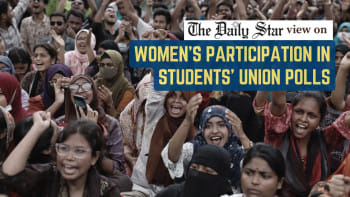
 For all latest news, follow The Daily Star's Google News channel.
For all latest news, follow The Daily Star's Google News channel. 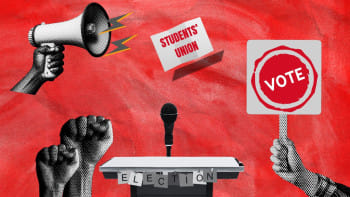


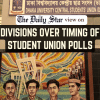
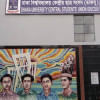

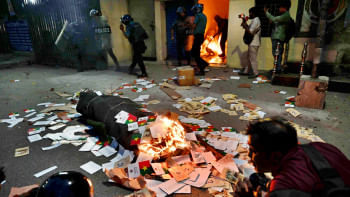
Comments